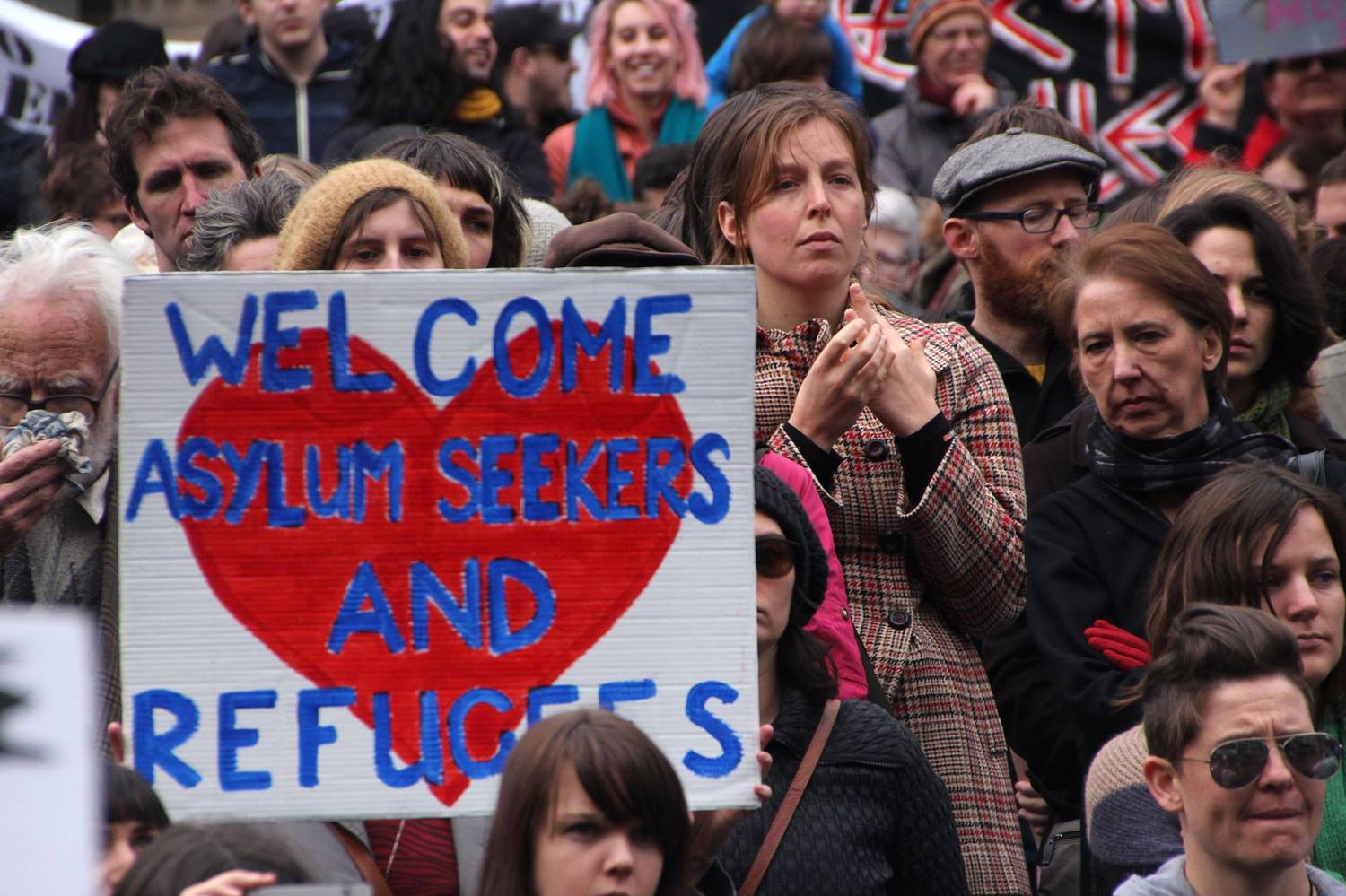
The Norwegian Centre for Humanitarian Studies and the Humanitarianism Research Group at PRIO welcomes you to a breakfast seminar to debate the traditional divison between humanitarian action and social movements.
Background
This seminar brings together experienced humanitarian practitioners and leading international academics in the humanitarian studies field to explore a commonly held assumption: that humanitarian action is and should be something distinct from social movements, and that social movements are not to be found in the humanitarian field.
In part, this view is informed by a 'division of labor' traditionally between humanitarian organizations and human rights organizations from the Global north with respect to mass atrocity and conflict response. While human rights advocates speak out about human rights violations arising in these contexts, humanitarians provide service delivery of basic aid and prioritize humanitarian access. While approaches to advocacy varies within the humanitarian sector - the classic difference between ICRC's discrete engagement and MSF's témoignage - the sector as a whole is characterized by a shared ambivalence.
This idea of a "division of labor", and the assumption that humanitarian action is and should be distinct from other forms of social and political engagement, have some blind spots that deserve closer attention. The claim that there are no social movements in the humanitarian field to some degree invisibilizes aid provided by actors from the Global South in the Global South, or by religious actors in the Global South and the Global North. Furthermore, the emergence of new forms of volunteer initiatives in the wake of the 'refugee crisis' in 2015 also suggest that time has come to rethink this old division between humanitarian aid and politically engaged social movements. Many of these initiatives frame their provision of basic aid to newly arrived refugees as humanitarian assistance, first and foremost, yet many are also vocally speaking out on the treatment of refugees and understanding their own actions as an activist one.
In this seminar, we will address the following questions:
- What kind of ideas and dominant framings of who is a humanitarian actor and what counts as humanitarian action is this assumption premised on?
- What is specifically "humanitarian", in a context where a range of development organizations, religious actors, social justice organizations or community based organizations both provide basic aid in emergency settings, while also speaking out about injustices or advocating for political changes?
- How do humanitarian organizations understand and frame their own position: as part of a social movement, or something distinct?
- How does this manifest itself when humanitarian organizations seek to mobilize support for their specific causes, and not only the crises they are responding to, such as increased violations of International Humanitarian Law?
Programme
Introduction: Maria Gabrielsen Jumbert (PRIO)
Presentations:
- Dorthea Hilhorst (International Institute of Social Studies (ISS), Erasmus University Rotterdam), 'Humanitarianism and social movements: what may we expect?'
- Kristin Bergtora Sandvik (PRIO/Institute of Criminology and Sociology of Law, University of Oslo), 'Frames, resources and political opportunities: Locating humanitarianisms in the social movement landscape'
- Ivar Eimhjellen (Uni Research Rokkan Centre), 'Volunteering for refugees in Norway: Levels and forms of engagement'
Please contact Amanda Cellini (amacel@prio.org) with any questions.





